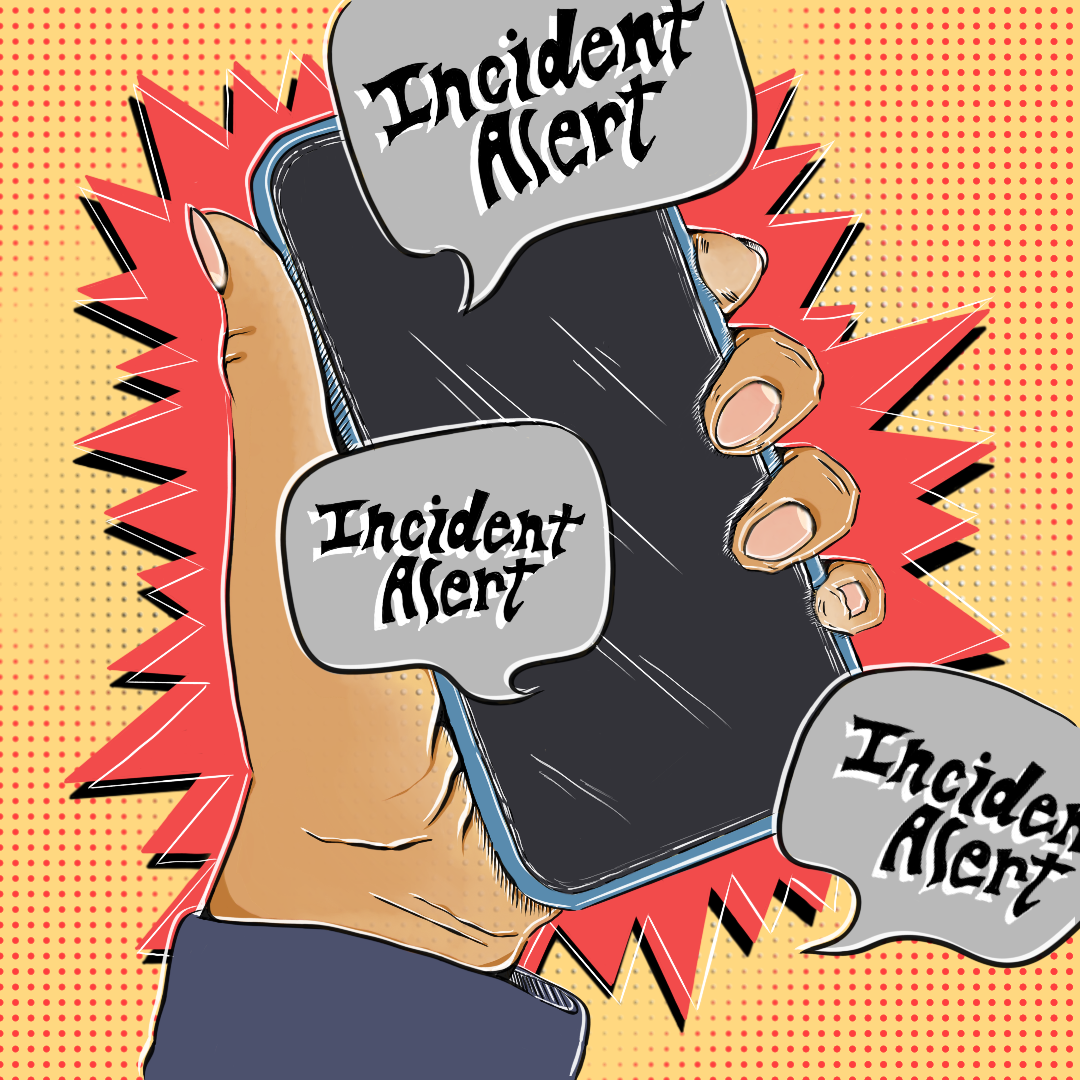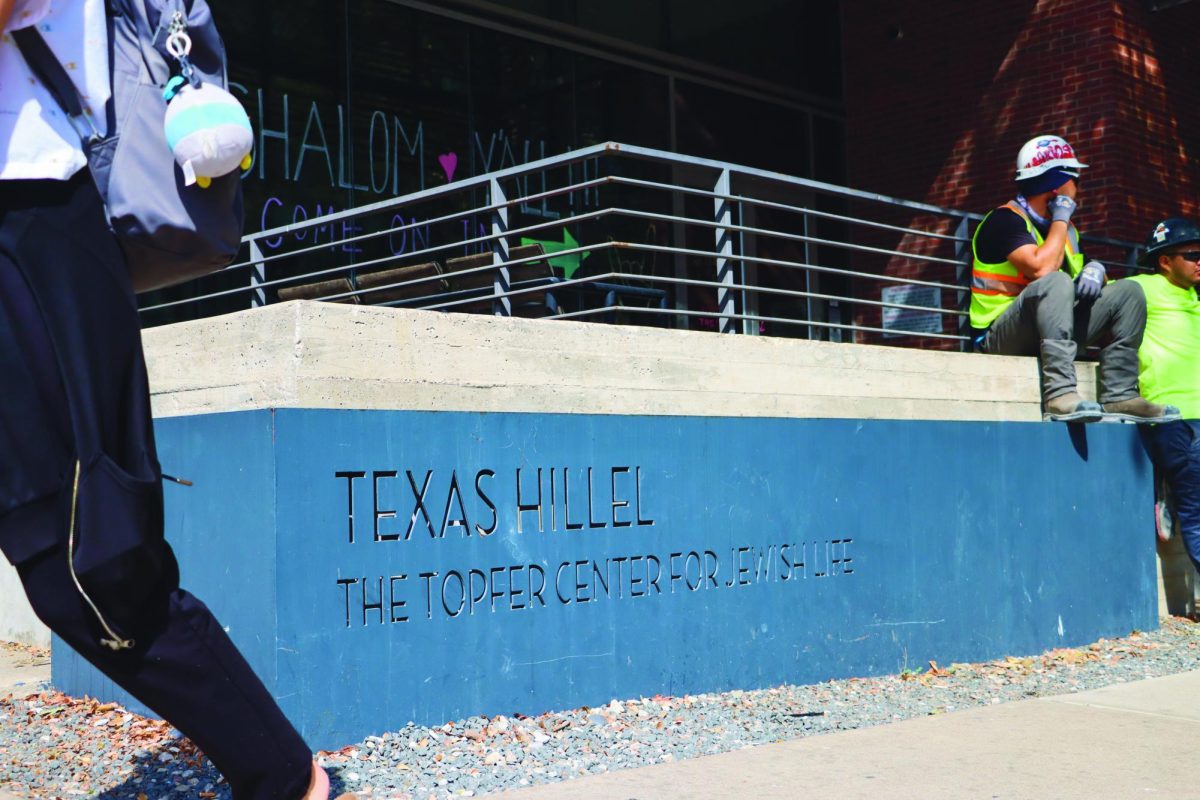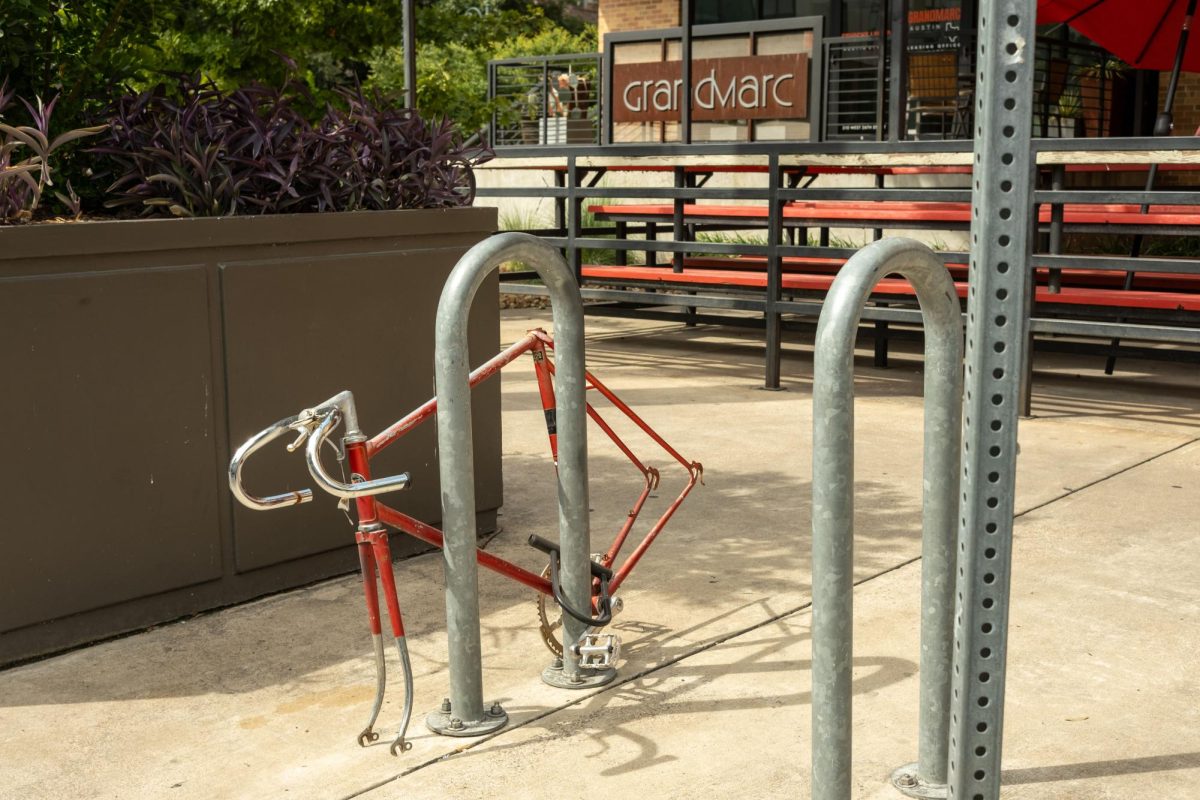A semester after the UT Police Department restructured their divisions to improve community engagement through policing practices, UTPD Chief David Carter said the changes are working well.
Carter worked over the summer to expand the two traditional police divisions, patrol and investigations, to three divisions, Public Order, Investigations and Analysis, and Community Engagement and Problem-Solving, to build trust with the UT community.
“It gives people an opportunity within the department to figure out their interests and where they need to focus,” Carter said. “The challenge for each of them … is you have a responsibility to find areas of training that fit your division … (and) share that across the division so they all work together, and then take your expertise in whatever that is and present it to our UT community.”
Carter said restructuring was shaped by precision policing, which is based on the idea that police departments should work with the larger noncriminal population because public safety is a shared responsibility between the public and police. The founders of precision policing, William J. Bratton and Jon Murad of the New York Police Department, implemented the practice for NYPD in 2014 after Michael Brown was shot by police in Ferguson, Missouri.
“Some core principles I talk about in policing (include) recognizing issues of policing reforms, the history of police racial profiling … and (recognizing) the history of policing and change that so that precision policing is driving us,” Carter said.
UTPD began collaborating on a long-term project led by Michael Lauderdale, the Clara Pope Willoughby Centennial Professor, this semester with the Steve Hicks School of Social Work that focuses on building relationships with the UT community through precision policing.
“The concept of community policing is for police officers to be agents of building ‘social capital,’ which generally refers to social norms where people look out for each other,” Lauderdale said in an email. “This is in contrast to many police forces I see that will concentrate on social order (managing traffic) or in crime control. Thus doing what Chief Carter has begun is the model, I think, for all university policing.”
Carter said at least six officers have told him they chose to work at UTPD over other departments because of UTPD’s new focus for campus policing.
“That really is a big deal because … today, police departments are really struggling across the country in terms of hiring cadets with sufficient requirements and getting quality people,” Carter said.
UTPD will also add a third detective with a specialization in sexual assault investigations next semester, Carter said.
Public health junior Tuka Uzor said she thinks UTPD’s increased focus on community engagement helps students become more familiar with the department.
“I know the average student doesn’t really know what to do in an emergency,” Uzor said. “I had a conversation with a police officer randomly … and he told (me) that the number we’re meant to call is not 911, but it’s the UTPD number, and I didn’t even know that UTPD had a number.”
Carter said students should always call 911 in any emergency, or anytime they feel unsafe.
Editor's Note: This article was updated to add information about when to call 911.





















